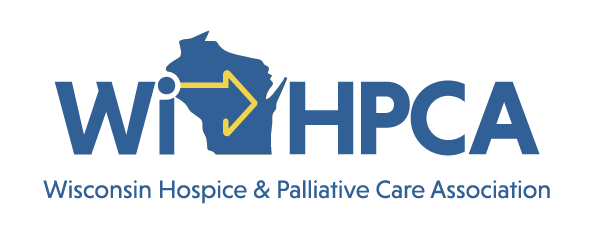In late April, the Department of Health Services (DHS) issued a press release that analyzed the impact of potential federal Medicaid budget cuts on Wisconsin. This analysis is based on federal budget reconciliation legislation that the U.S. House of Representatives approved on May 22. The following elements of this legislation, which has not yet been approved by the U.S. Senate (as this is written), will likely be of interest to WiAHC:
· Per-Person Funding Limit– Currently, the federal government provides funding to states based on a percentage of Medicaid costs. This legislation proposes to instead provide a set amount of funding per Medicaid beneficiary. This could cost the State of Wisconsin up to $16.8 billion in federal funds over a decade.
· Administrative Costs – This funding pays for information technology and for staff to review Medicaid claims and pay health care providers, among other things. This could cost the State of Wisconsin up to $93 million each year.
· Work Requirement – Such a requirement would likely require able-bodied adults without children to provide proof that they are working in order to receive Medicaid benefits. DHS estimates that the agency would incur up to $6 million in administrative costs to comply with such a requirement. Any employment and training requirements that DHS may need to provide to help Medicaid beneficiaries meet these requirements could cost $60 million annually.
